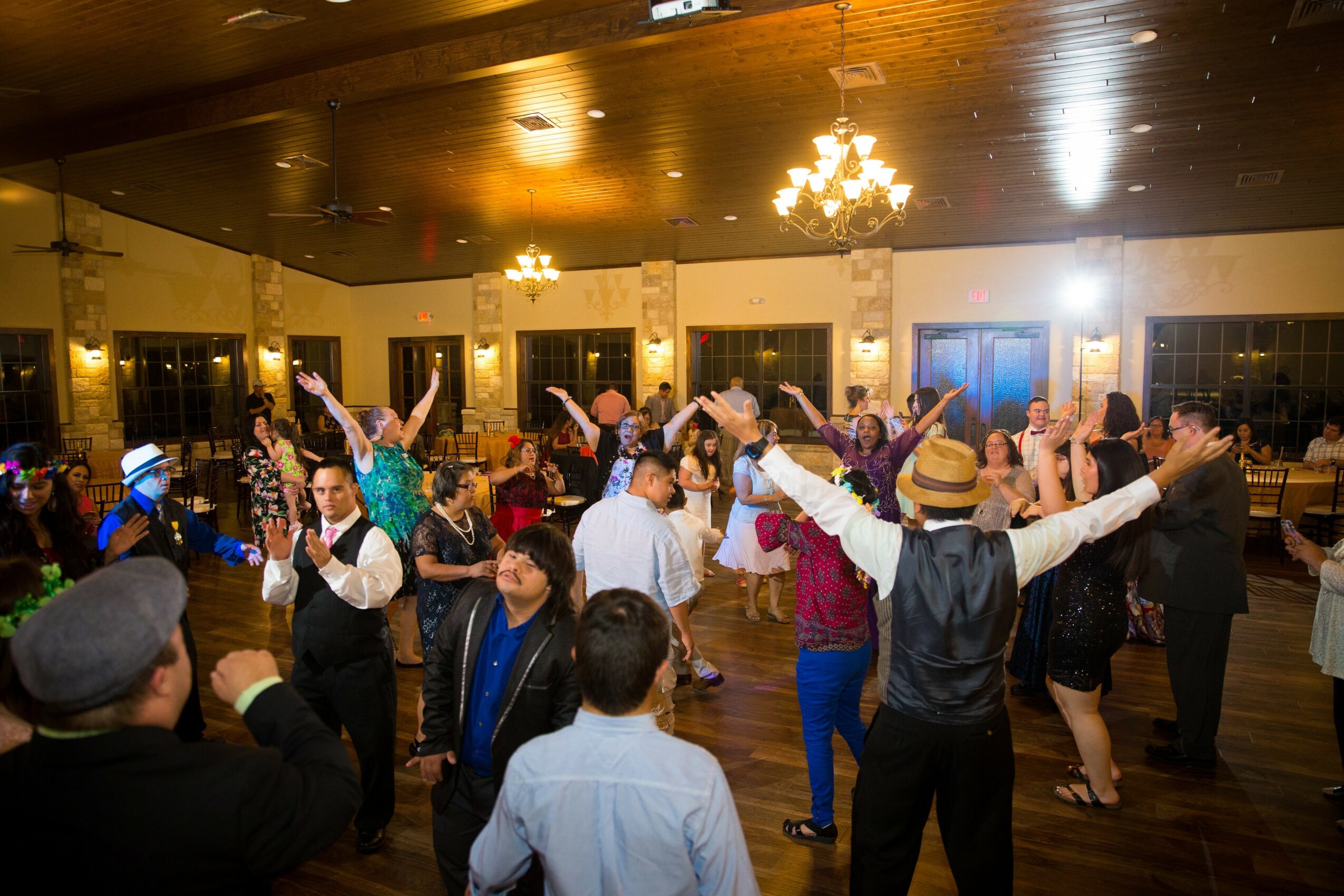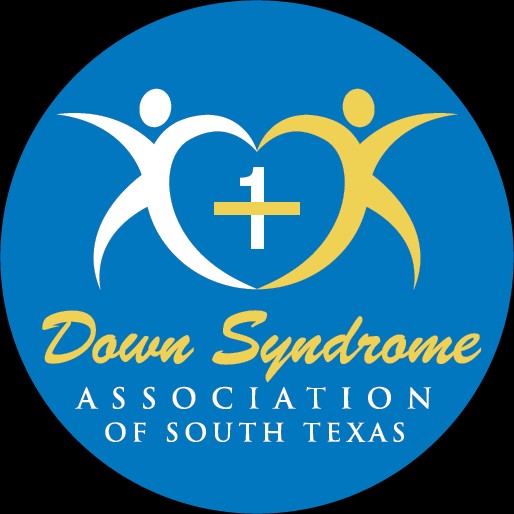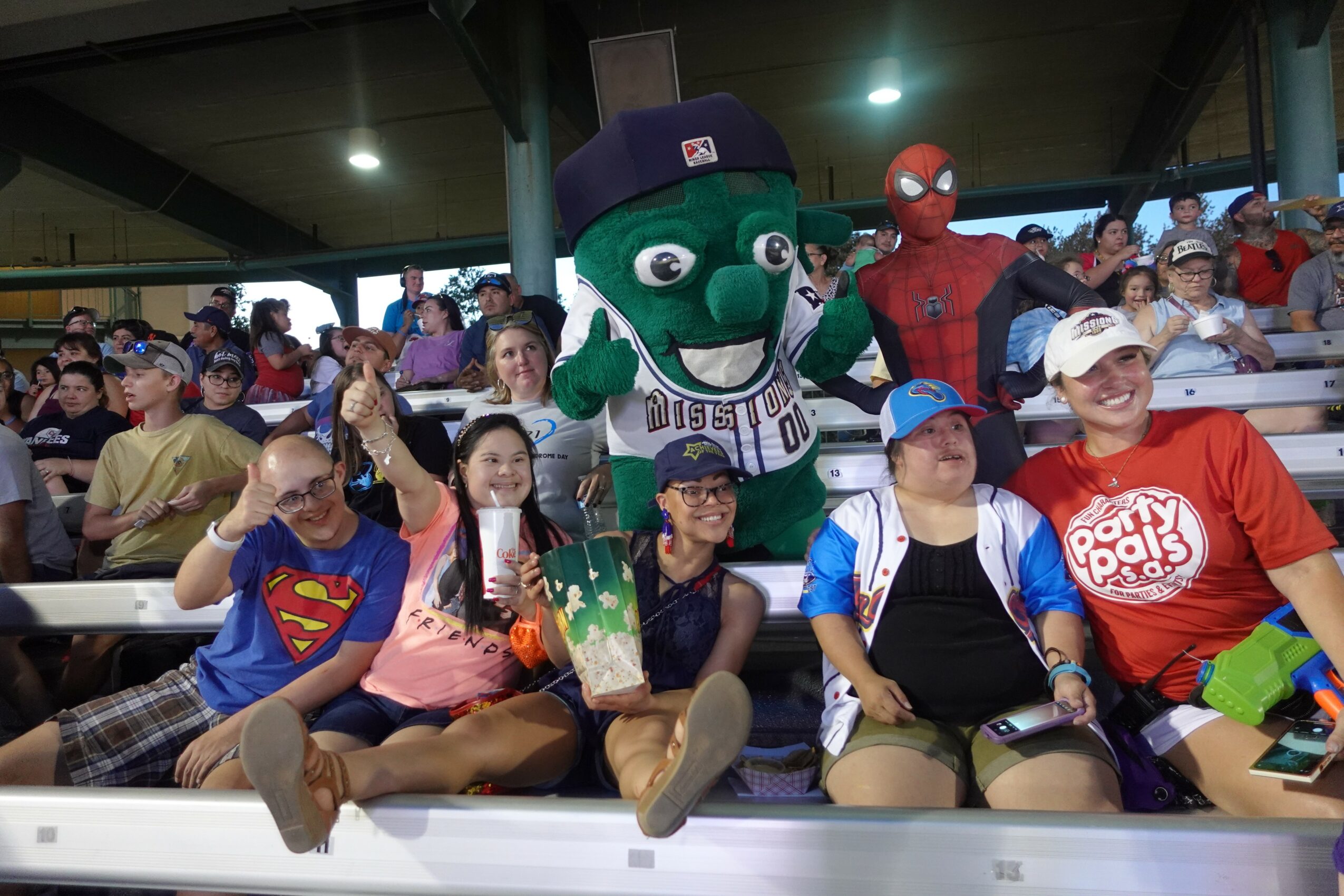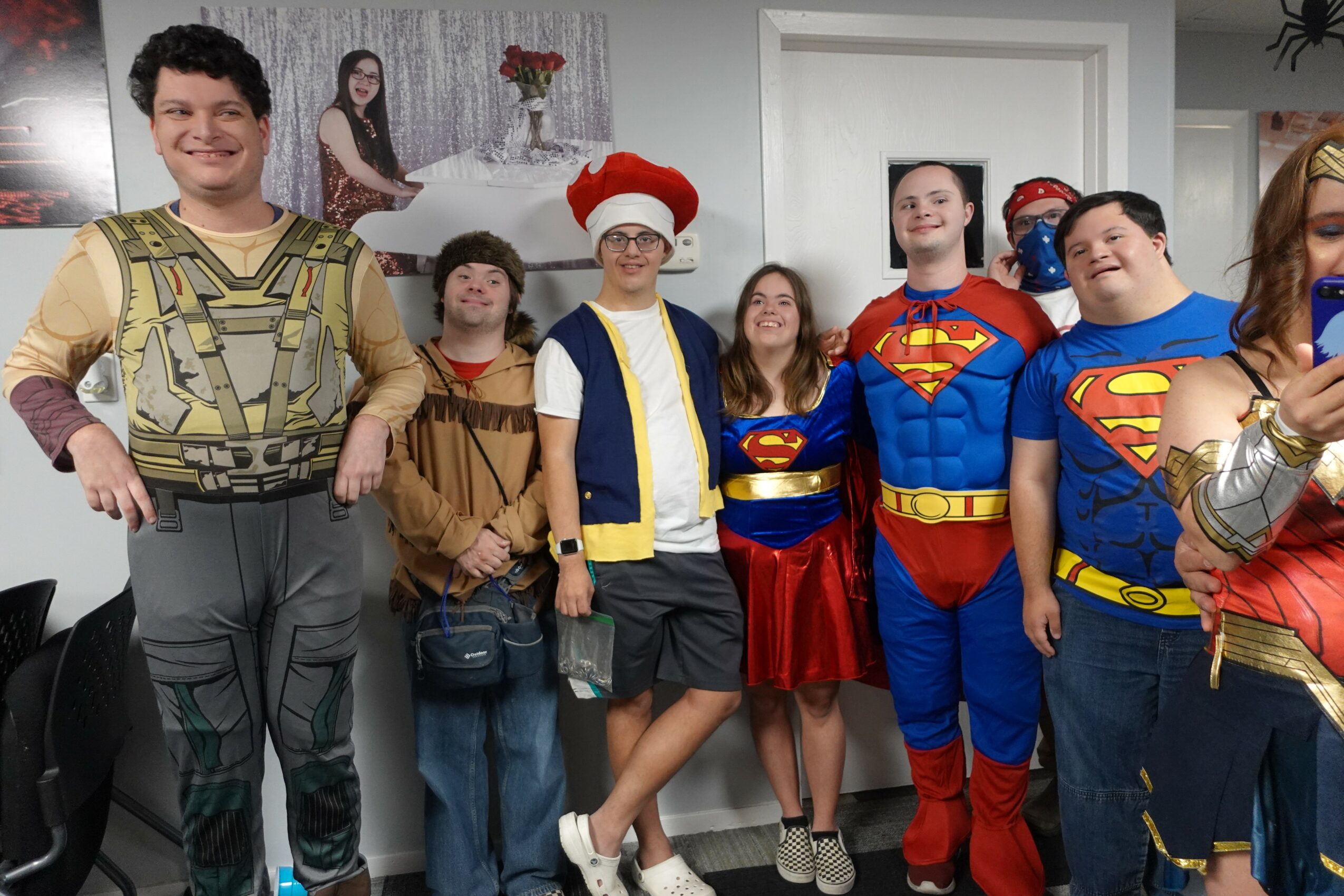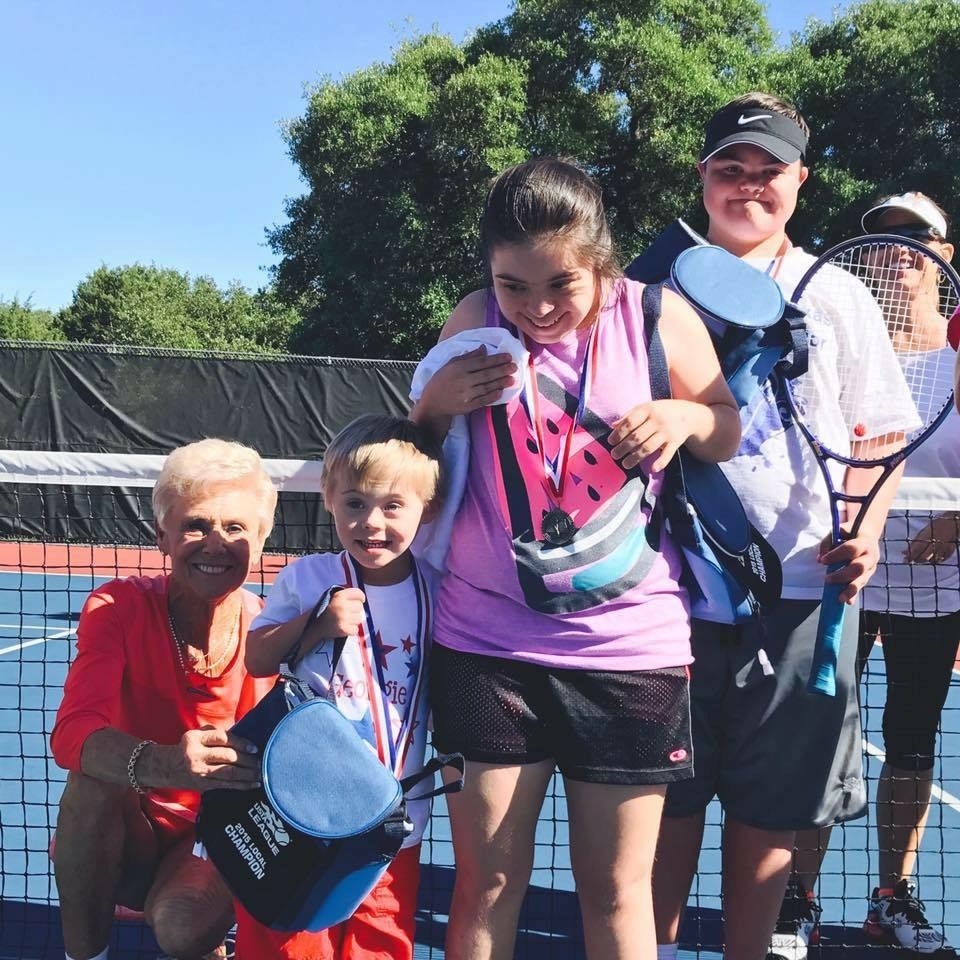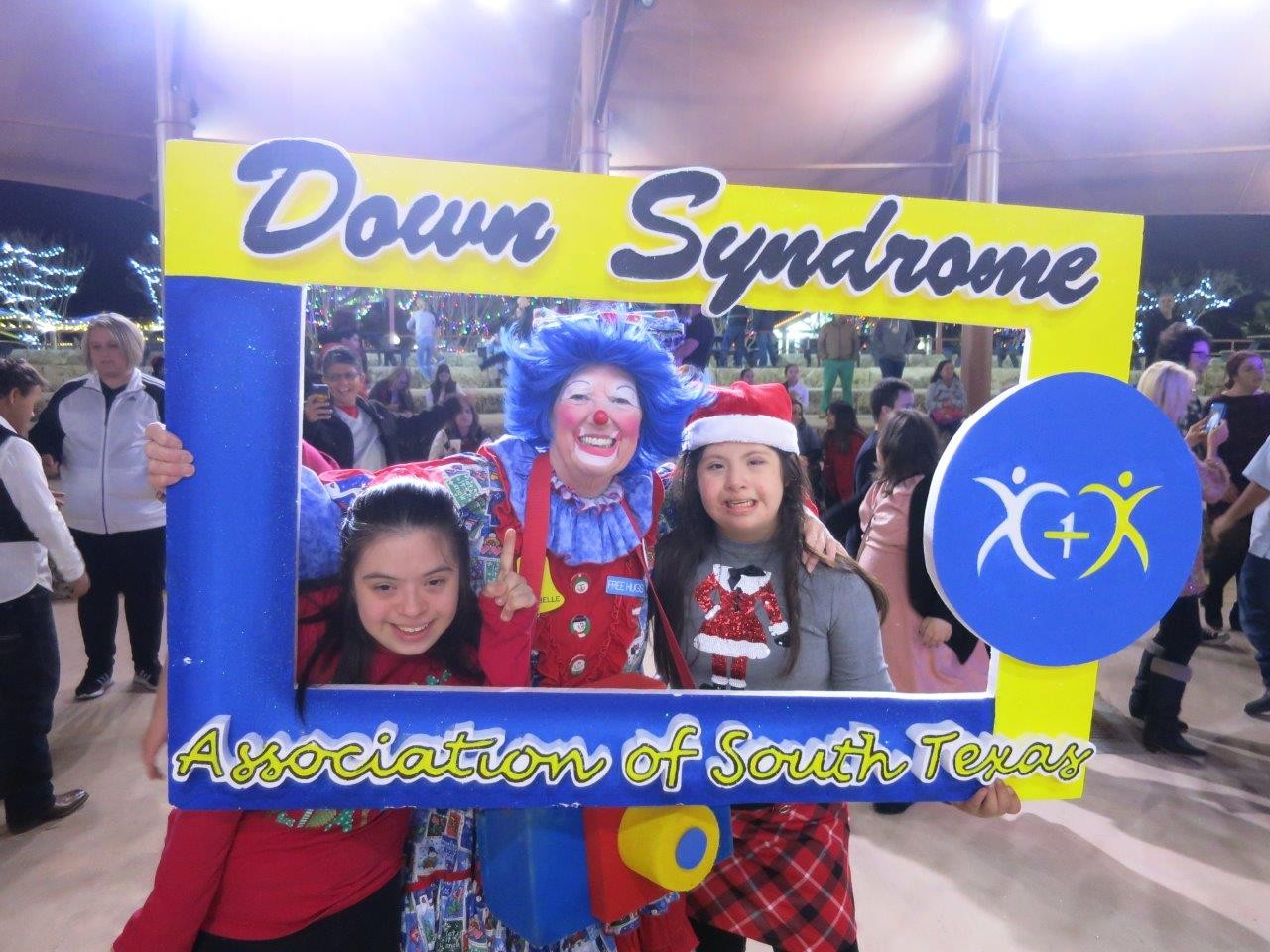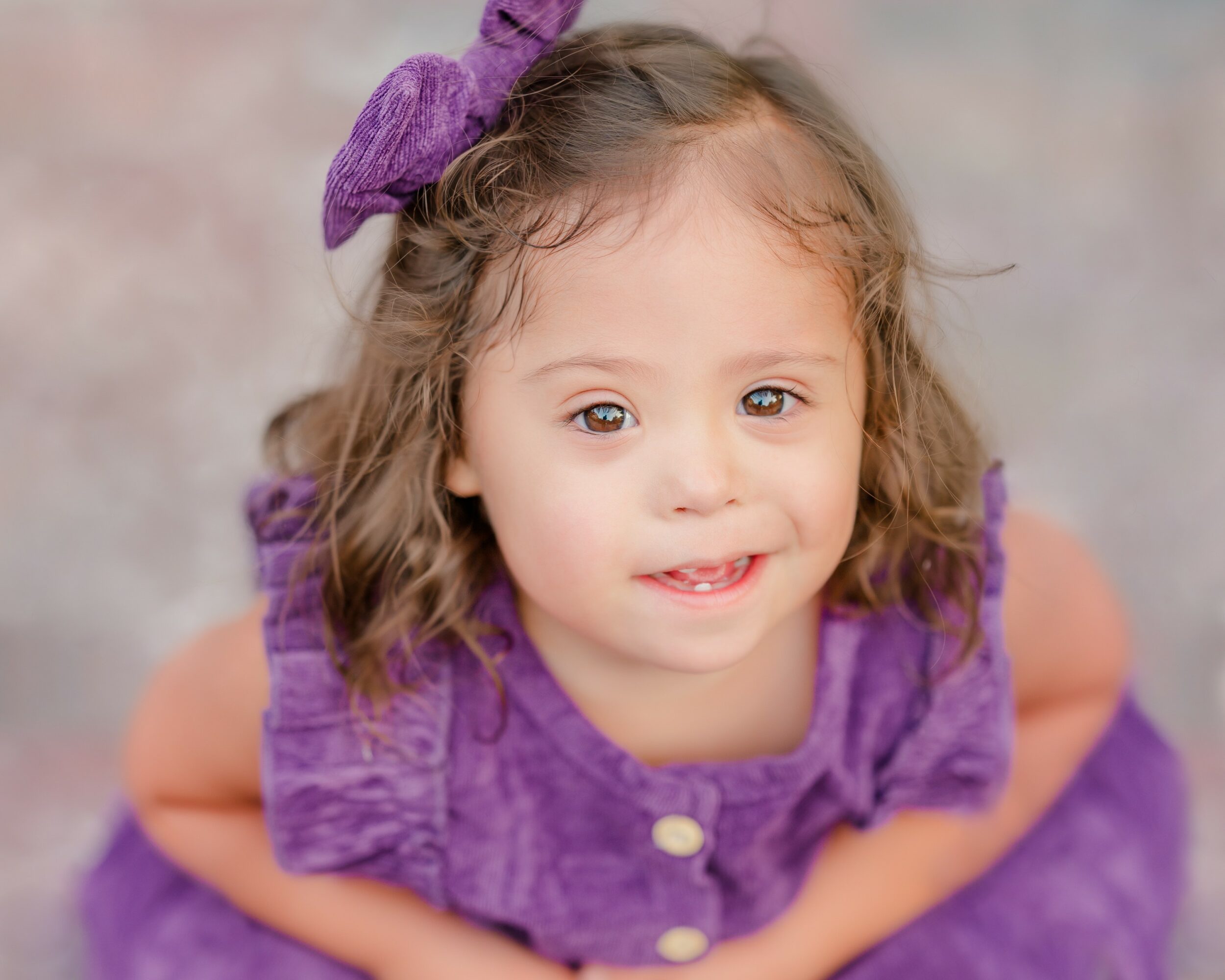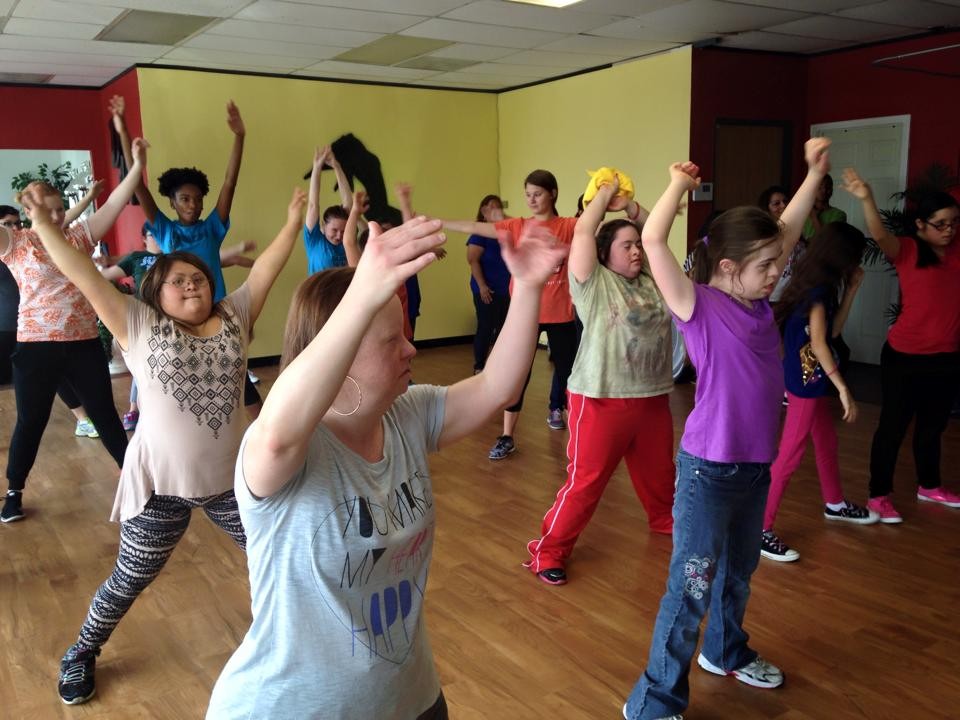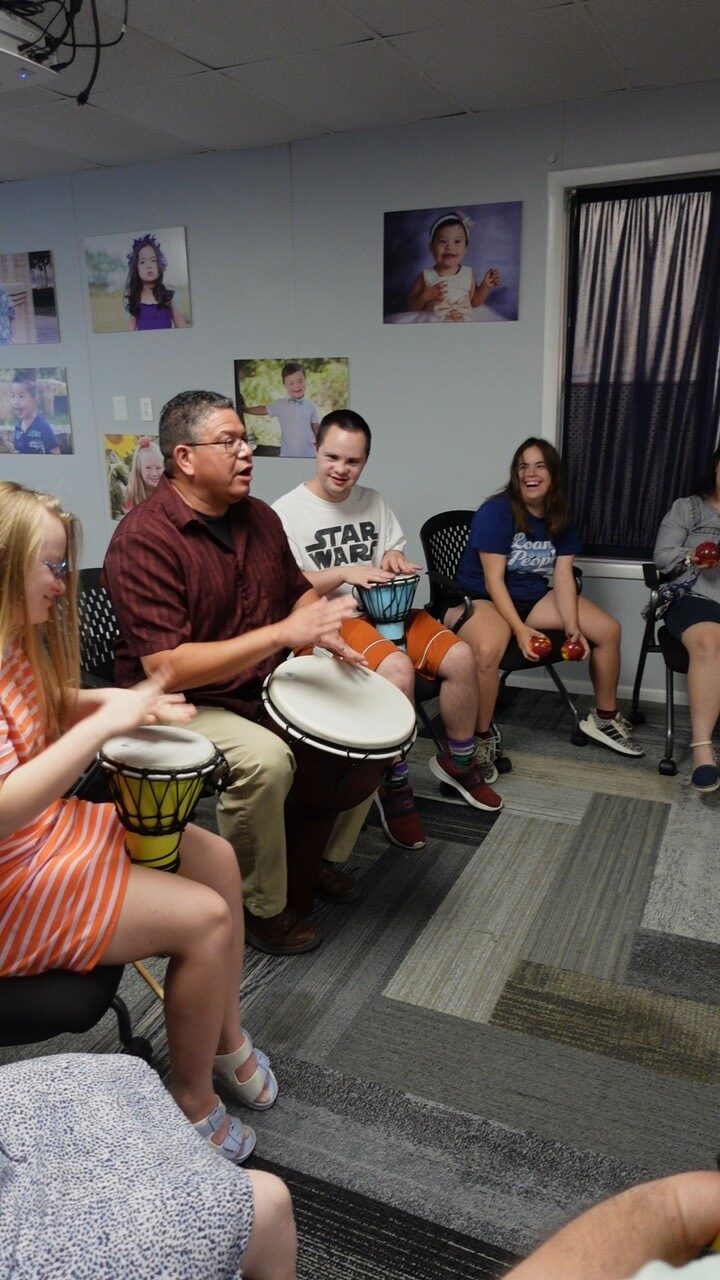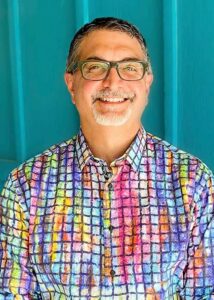
Today we’d like to introduce you to Brian Lopez.
Hi Brian, so excited to have you with us today. What can you tell us about your story?
I started as the Executive Director of the Down Syndrome Association of South Texas in February 2020 after fifteen years of experience assisting individuals with intellectual and developmental disabilities and their families. I worked for the Alamo Local Authority/AACOG, served as Regional Director of Service Coordination for Hill Country IDD in Kerrville, and as the Associate Director of Day Services and Child Care Services at the Arc of San Antonio. Previous to this, I worked for Child Protective Services as well as for Tangram Traumatic Brain Injury Program in San Marcos. I have worked with children and adults all my life, striving to be a strong advocate for acceptance, support, inclusion, empowerment, and respect. If someone judges others based on a diagnosis or perception, you will miss out on their abilities to succeed, offer love and bring joy into your life.
Can you talk to us about the challenges and lessons you’ve learned along the way? Looking back, has it been easy or smooth in retrospect?
It wasn’t the easiest path, but like everyone, it has been a road with bumps and curves that make me who I am today. The social work field is one of unique meaning to help make a difference in others’ lives, but it also makes a difference in our lives. Taking action to empower others and trying to promote social justice can’t help but change you as a person. My stories of assisting families to are so powerful and personal to me. People say, how can you do it for little pay and support? For me, all my life, it hasn’t been about that. I get more out of seeing smiles and hugs from people I have helped over the years. See where they are now from where they started is the best joy.
As you know, we’re big fans of you and your work. For our readers who might not be as familiar, what can you tell them about what you do?
In 1994, a group of concerned parents raising children with Down syndrome reached out to one another for support. They started meeting in their living rooms to exchange resources, share stories, and build relationships, hoping to provide a better future for their children. These relationships and connections became integral to our organization’s values today. In 2003, the Down Syndrome Association became an official non-profit organization 501(c)3. The Mission of the Down Syndrome Association of South Texas (DSASTX) is to provide lifelong services and support to individuals living with Down syndrome and their families to optimize well-being, develop rewarding relationships, and foster inclusion in the community. We strive to support individuals with Down syndrome to achieve self-actualization with values of hope, respect, empowerment, inclusion & joy. While we receive no state or federal funding, the DSASTX raises its annual budget through two main events, the Collective Palette Gala in March and the Walk and Stroll of South Texas in October each year. The remaining budget is from grants and outside donations. At this time, DSASTX offers most services and supports at no charge to individuals, siblings, and family members. Even though our community continues to become more accepting and inclusive for individuals with Down syndrome and other disabilities, they still face barriers to a fully inclusive life due to a lack of accessibility, understanding, and awareness. The DSASTX provides a wide array of services and supports through ongoing programs and social/recreational events such as Adult Continuing Education, Individual tutoring, Club Social Night, Family Fun Days, Exercise groups like Zumba, Music and Movement, Drum Circle groups, Parent Education Sessions, MOMS, and DADS support groups, New and Expectant Parents Breakfast, Outreach Support, Racquets Up Tennis, Swimming, Sibling Support groups, and Community Volunteer Programming. As our main support and education are for the Down syndrome community, our programming is open to all individuals as we strive for inclusion with our services and in the community. Today, we are a small organization with 4 full-time and 1 part-time staff. Still, we have our new facility of over 4600 sq. ft., helping serve over 1300 individuals and families in our community. We average over 700 incredible volunteers yearly to help us with our programs and services and average over 8,000 attending our programs and events as we return to our pre-COVID numbers. We also collaborate with other non-profits in the San Antonio area to help support the community, pushing for more inclusion, outreach on support services, and awareness.
Any advice for finding a mentor or networking in general?
Networking is maintaining your established relationships as well as expanding to new and fresh ones. Keeping up with others outside of social media is important too. Making the most of in-person events and getting involved in your community by joining other committees and professional associations is one of the most effective ways to network and expand. Keeping up with those connections you made earlier in your career is just as important. Having a previous Executive Director I worked for helping me and continuing to be there as a mentor has been a great learning experience. Once you find someone to help mentor, practice active listening, express gratitude for time and support, and pay it forward when you can be a mentor back to someone.
Contact Info:
- Website: https://dsastx.org/
- Instagram: https://www.instagram.com/dsastx/
- Facebook: https://www.facebook.com/DSASTX/
- Twitter: https://twitter.com/DSASTX
